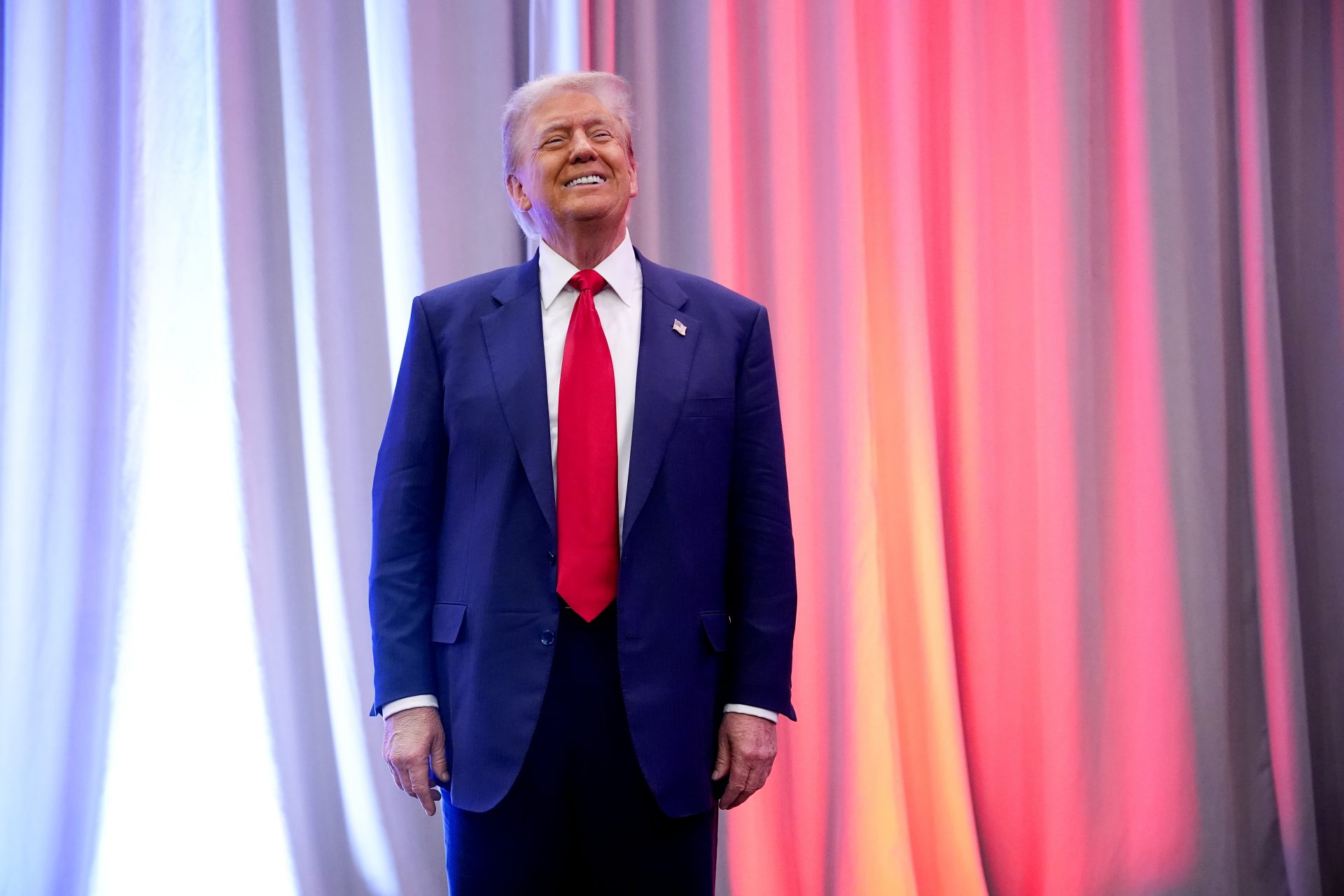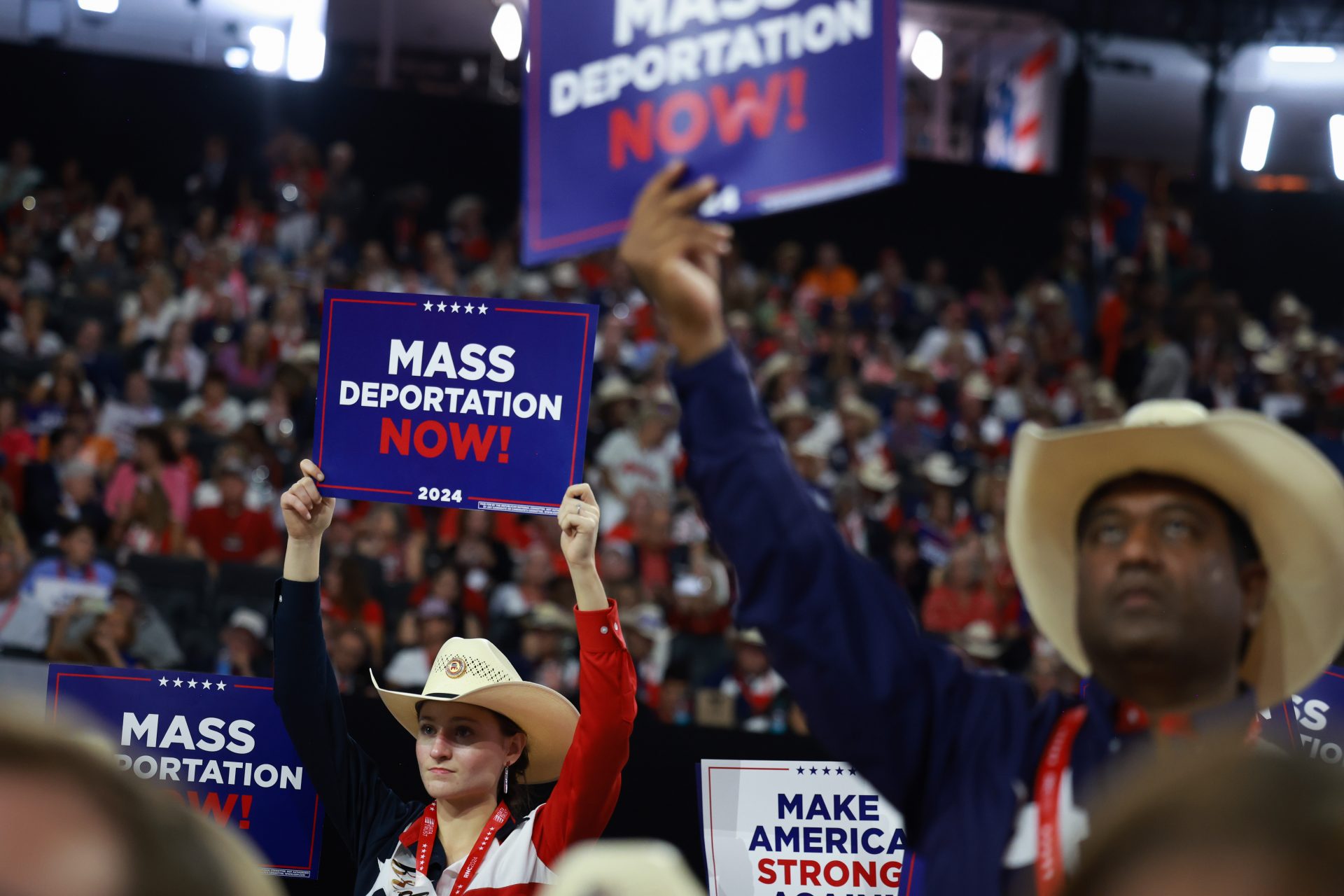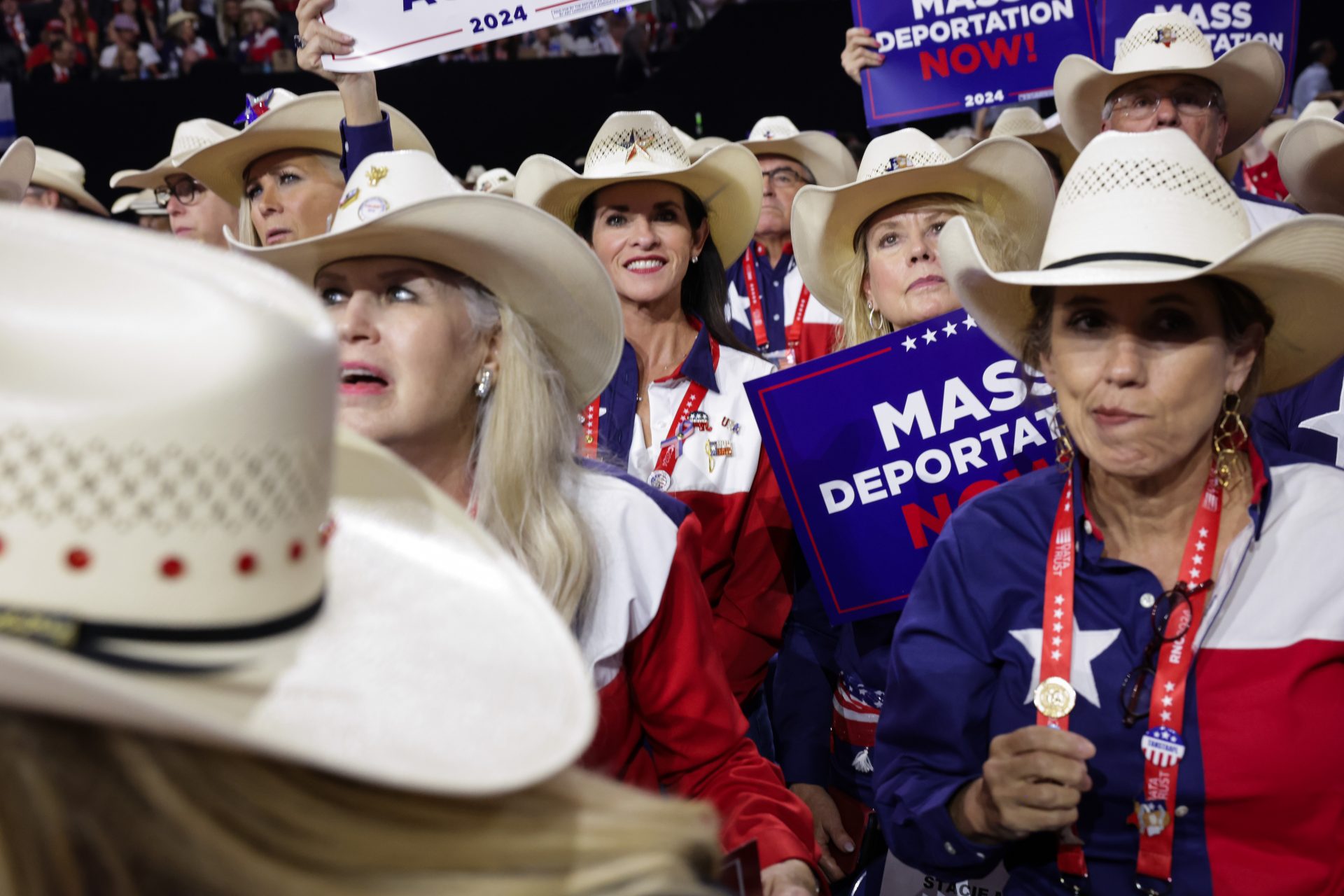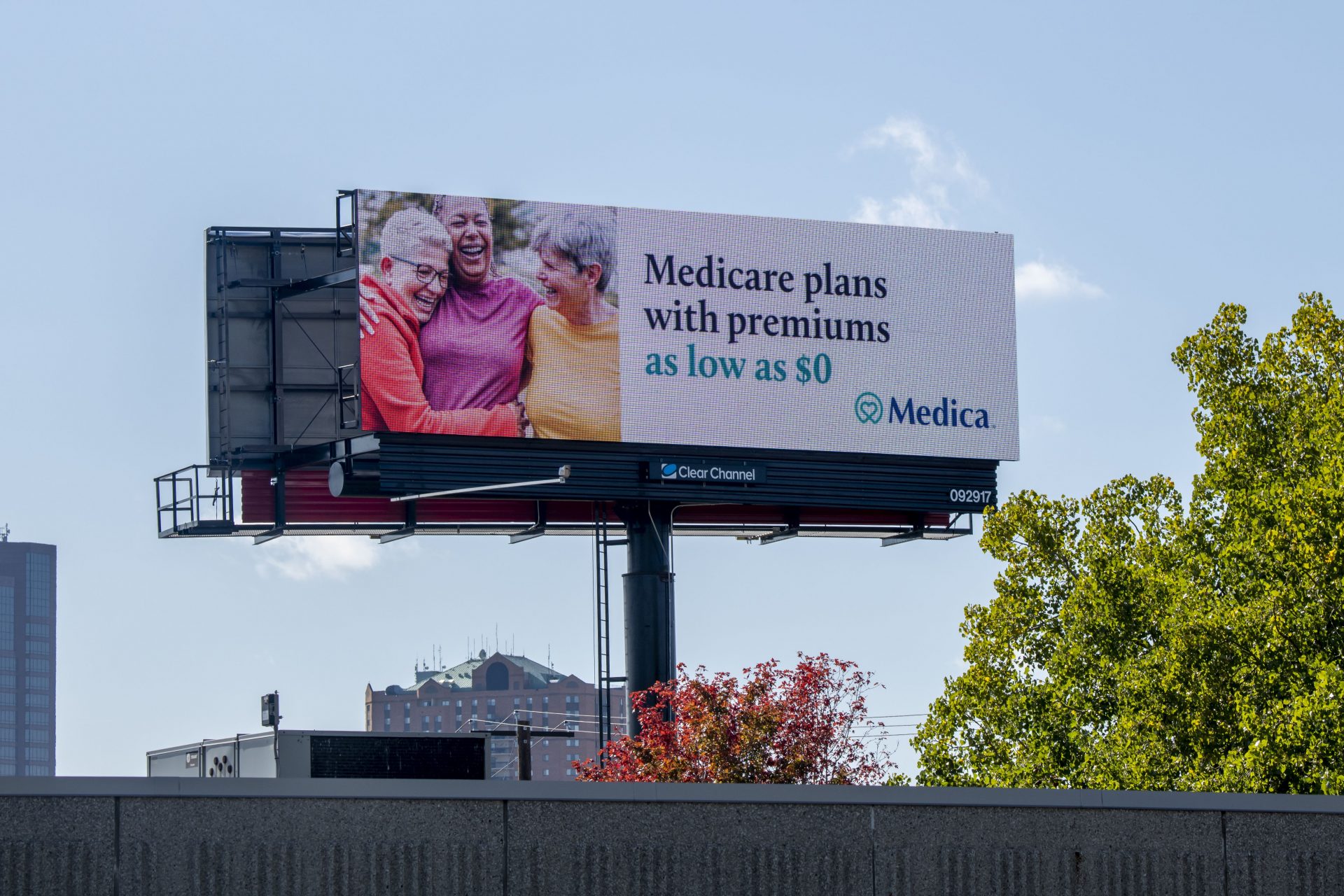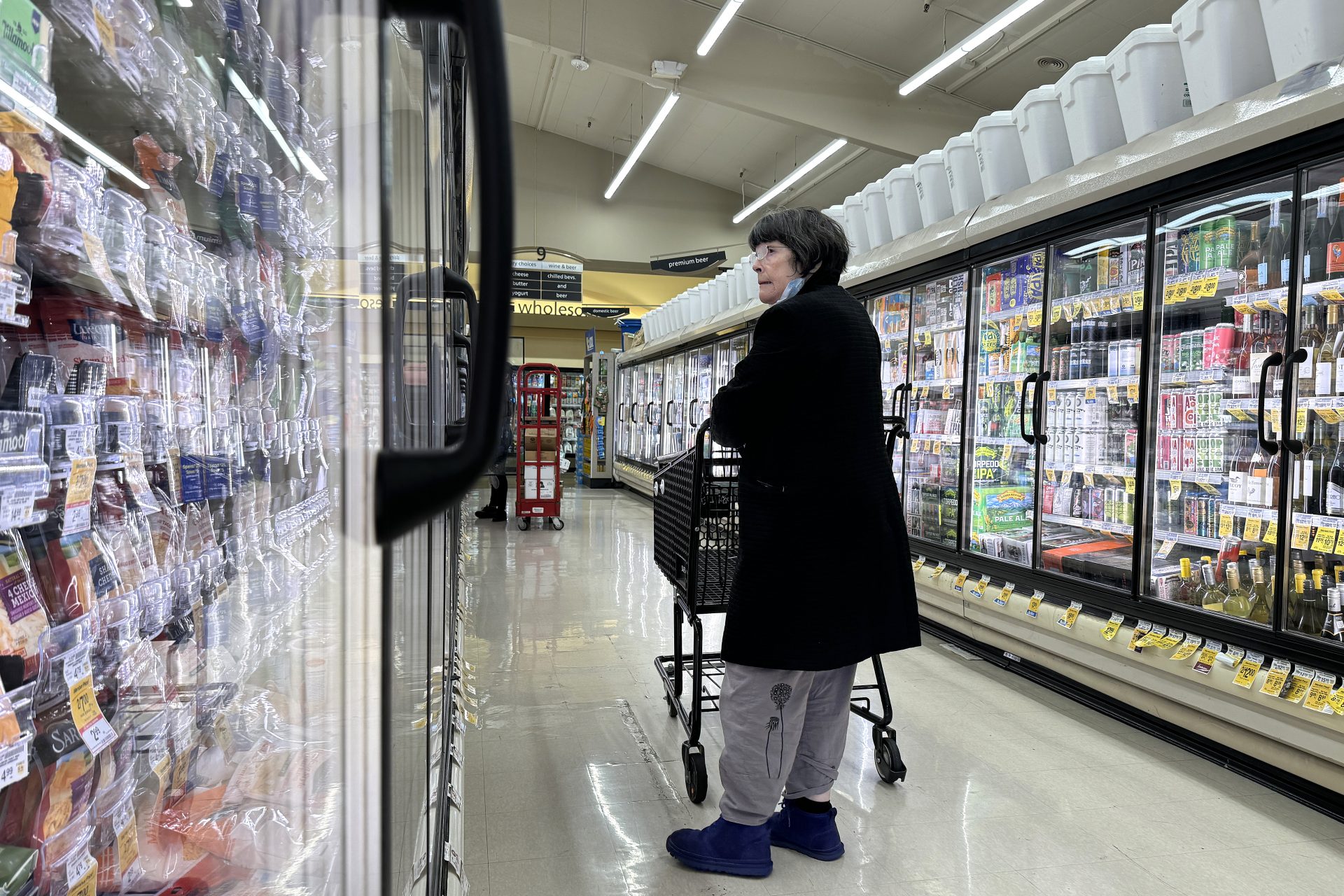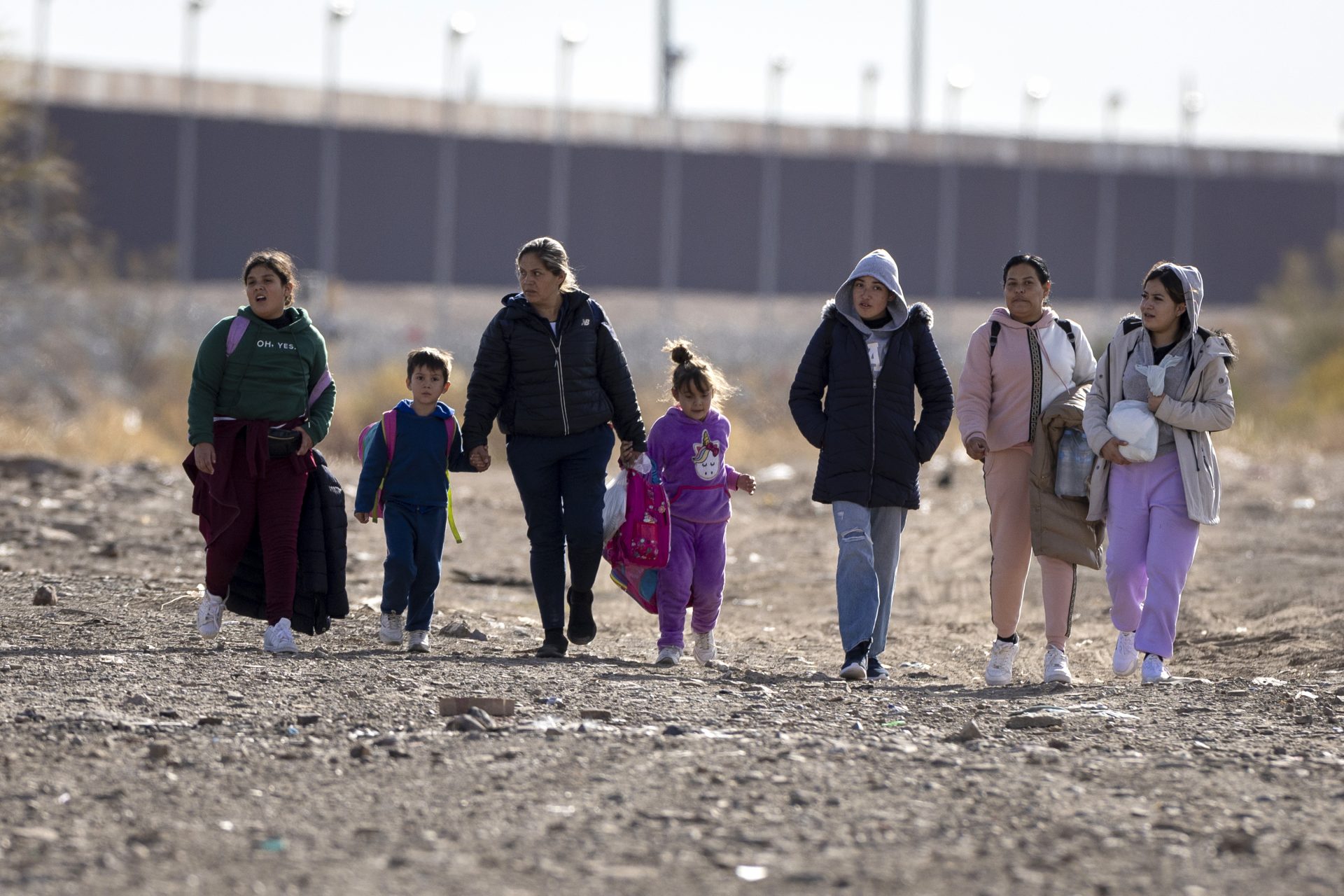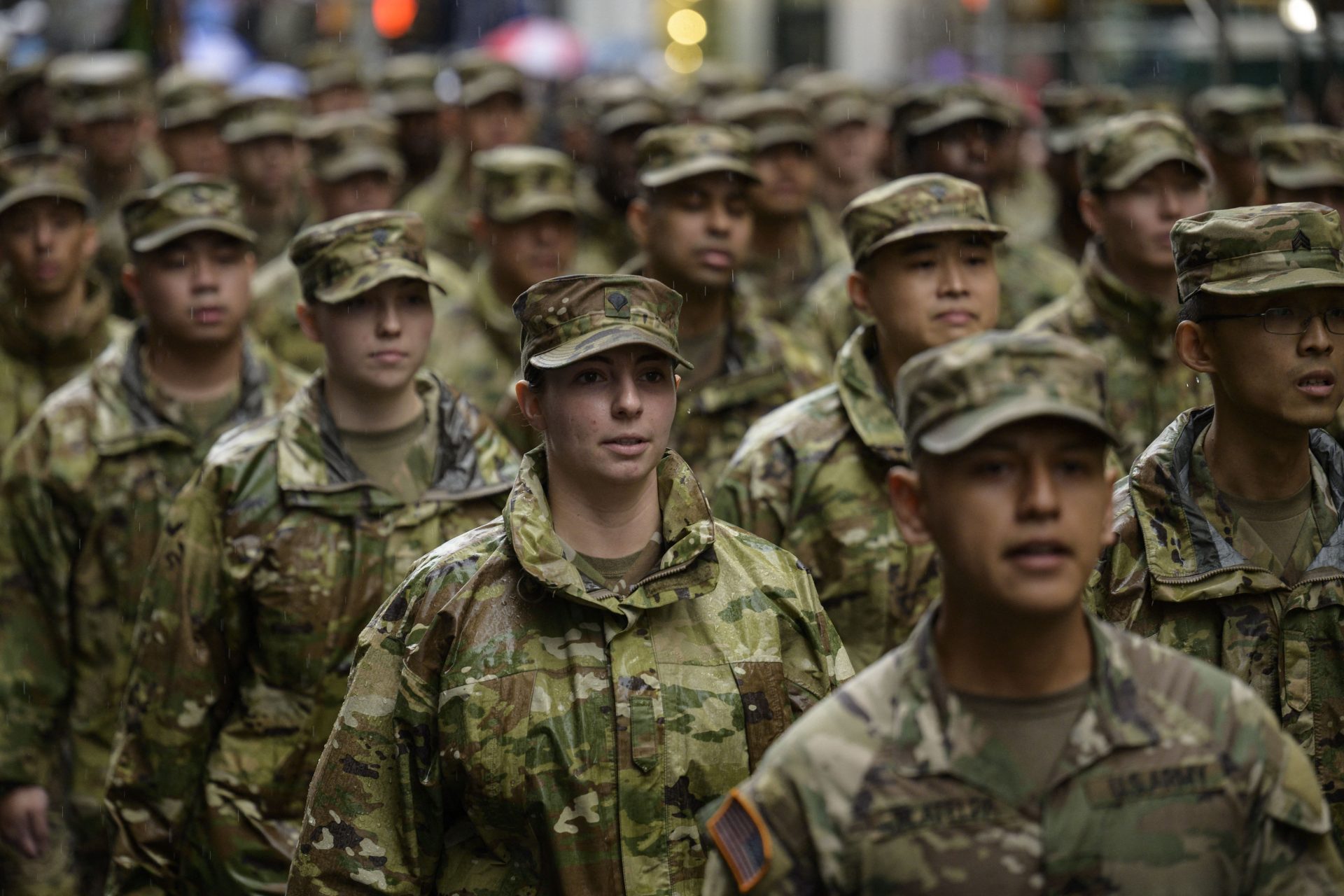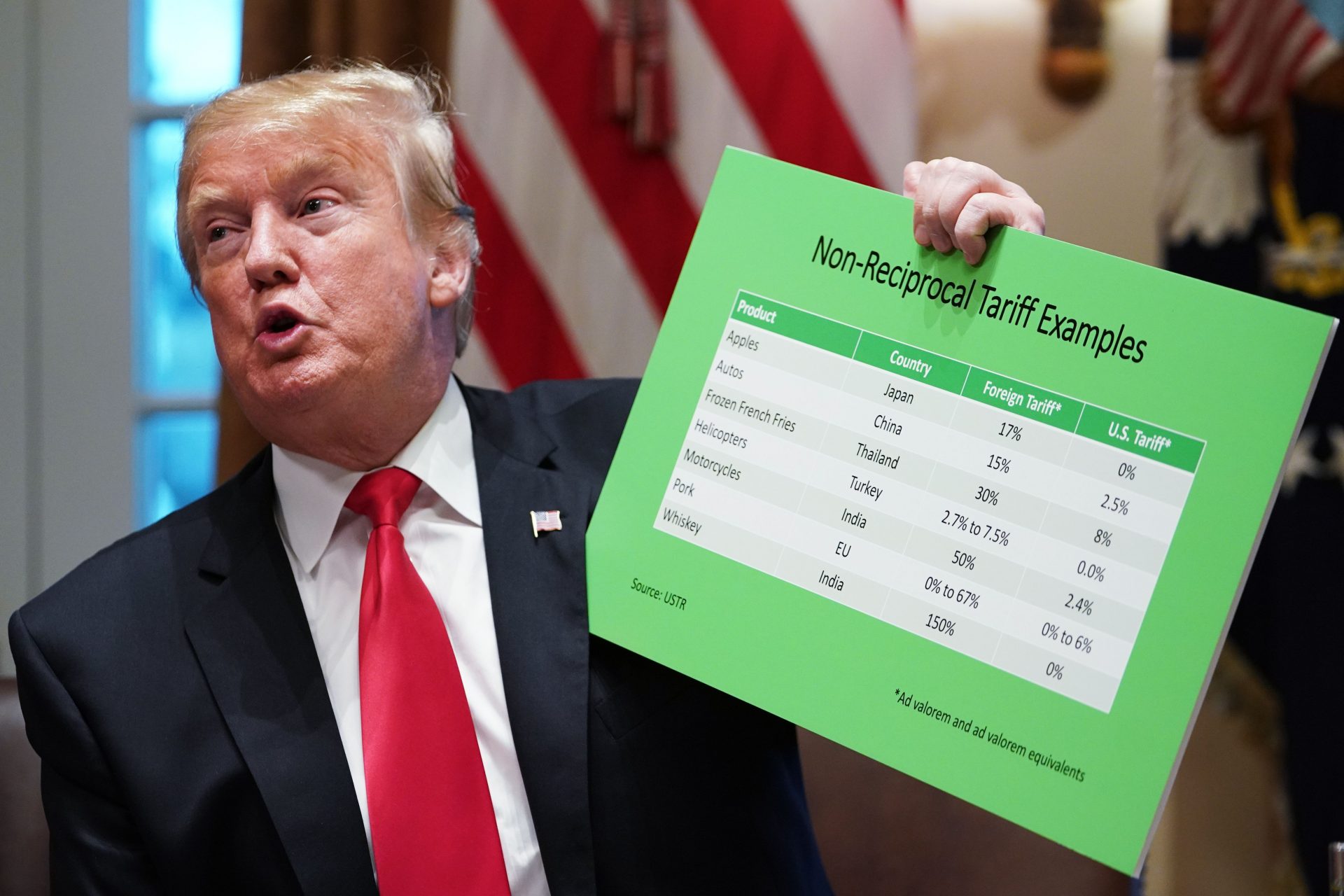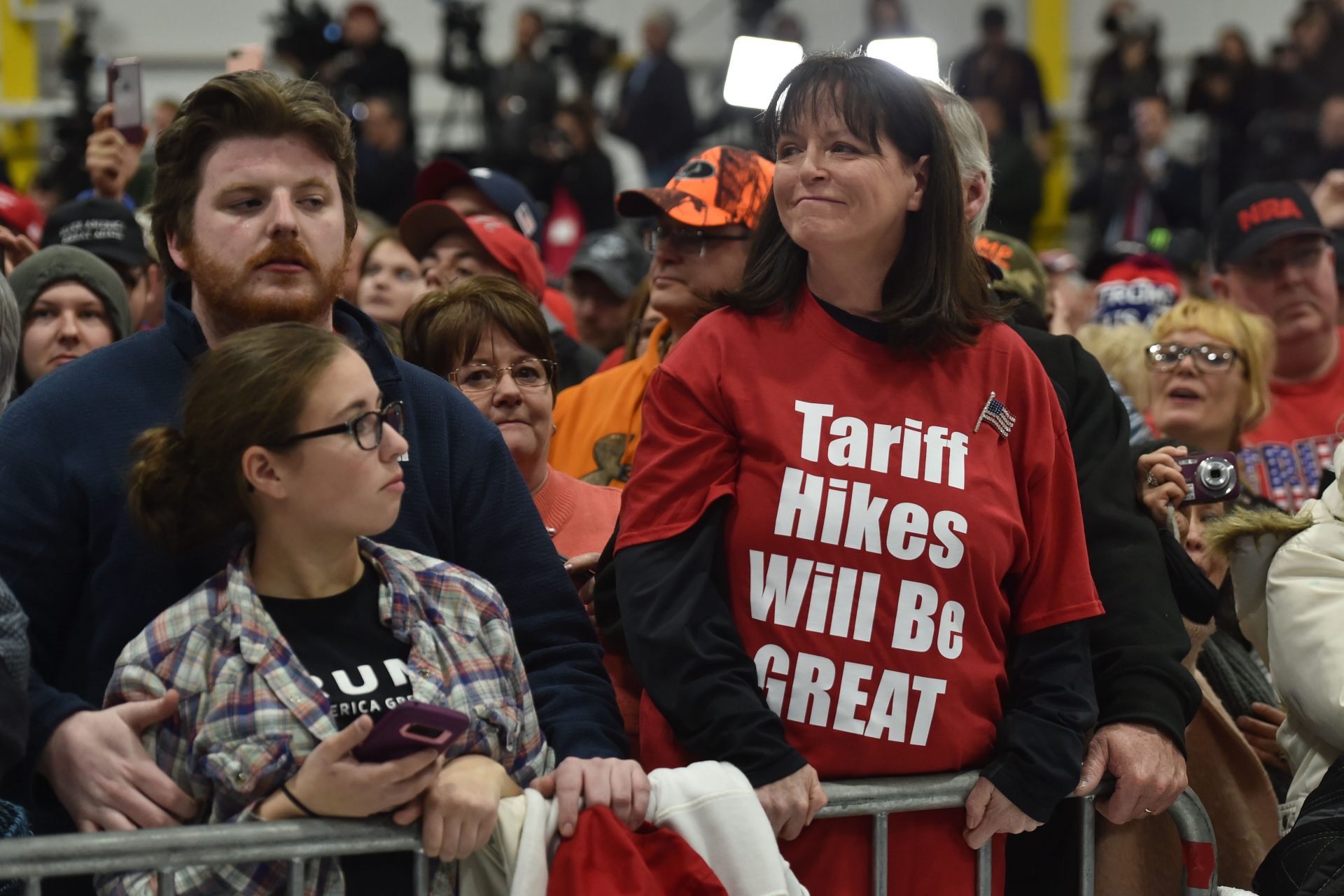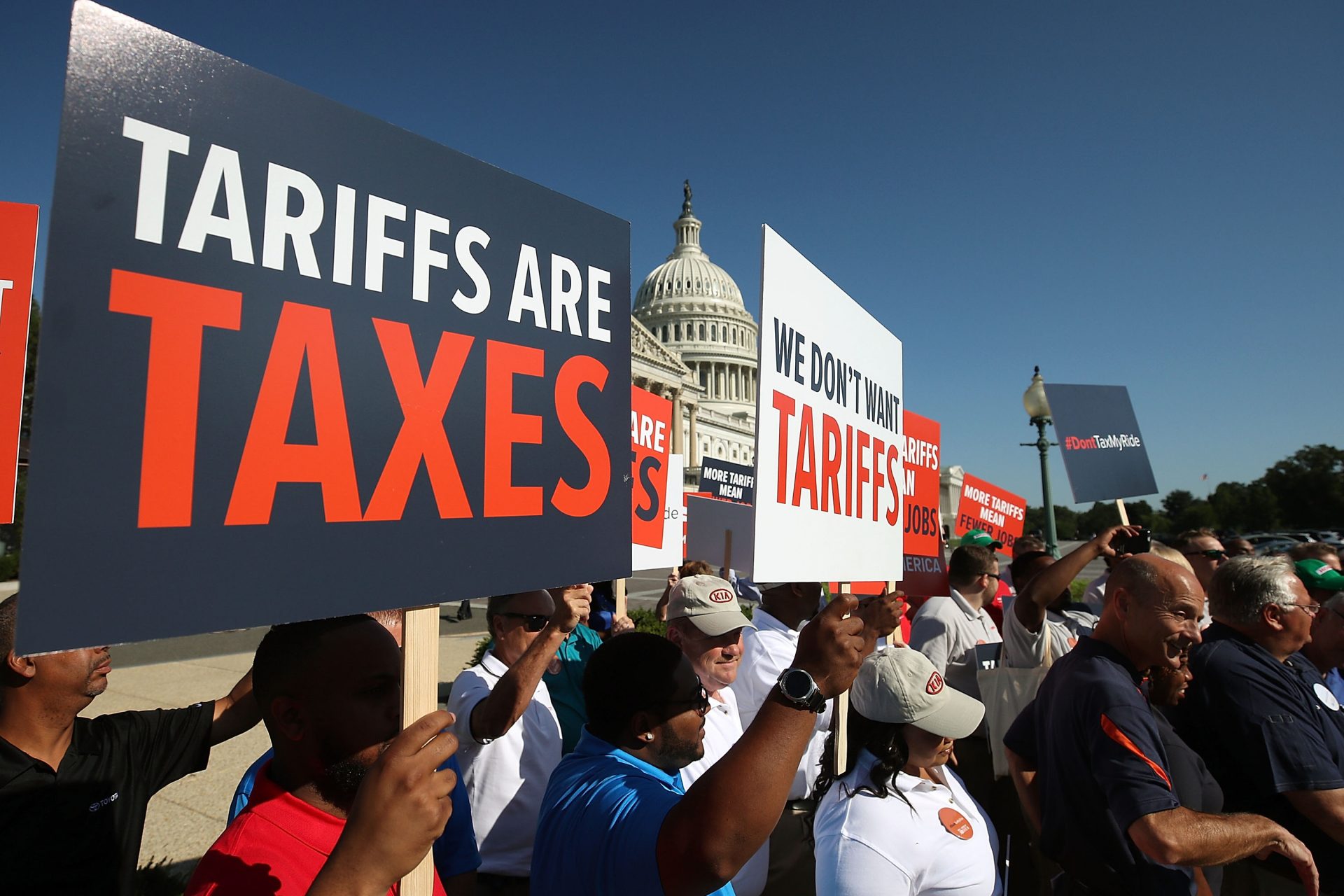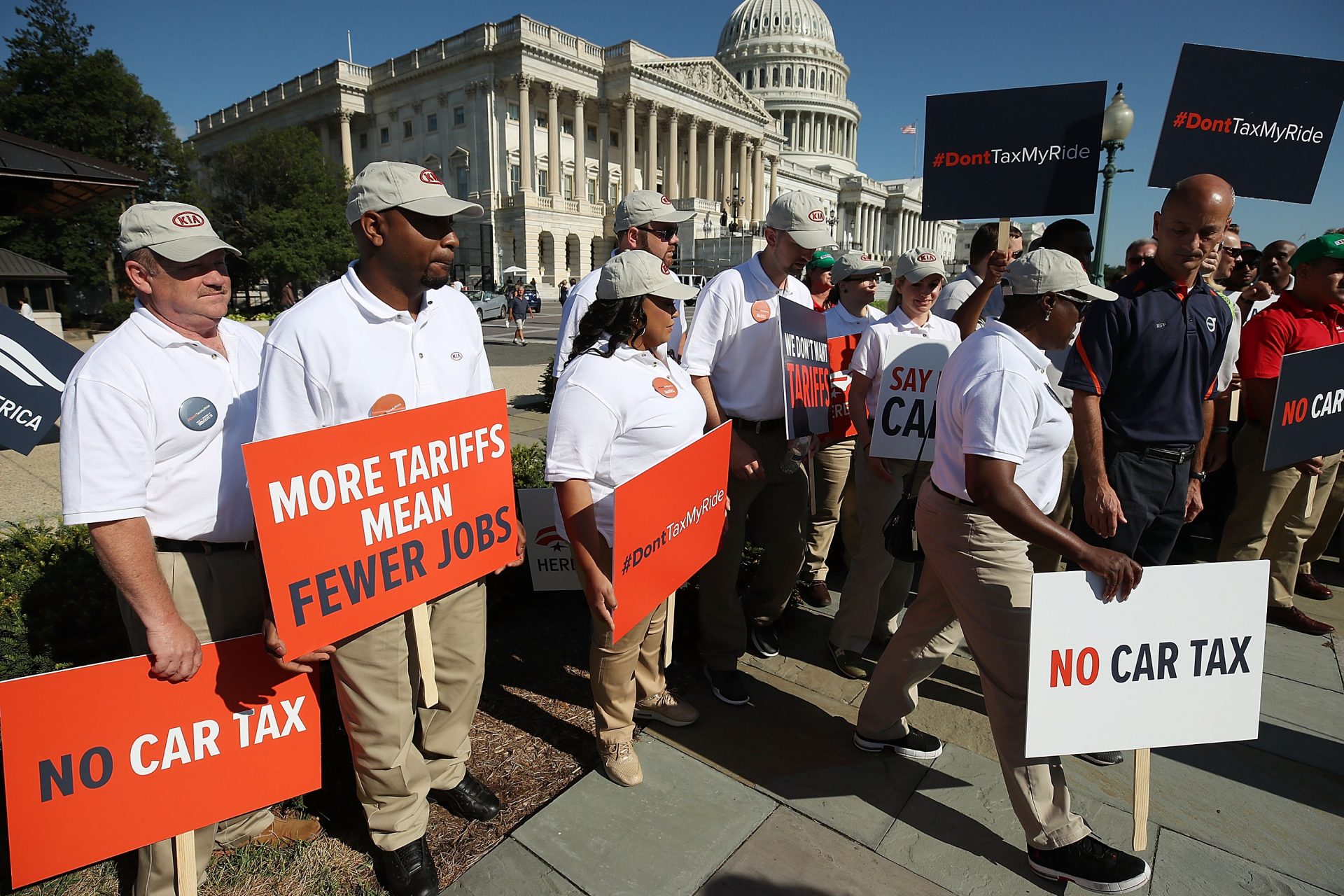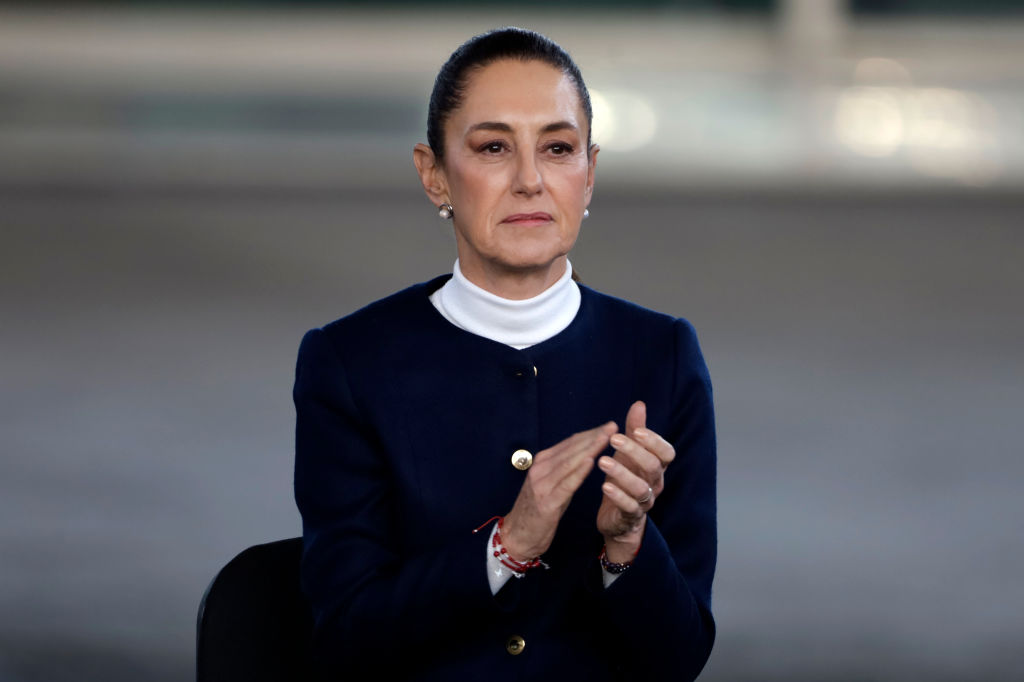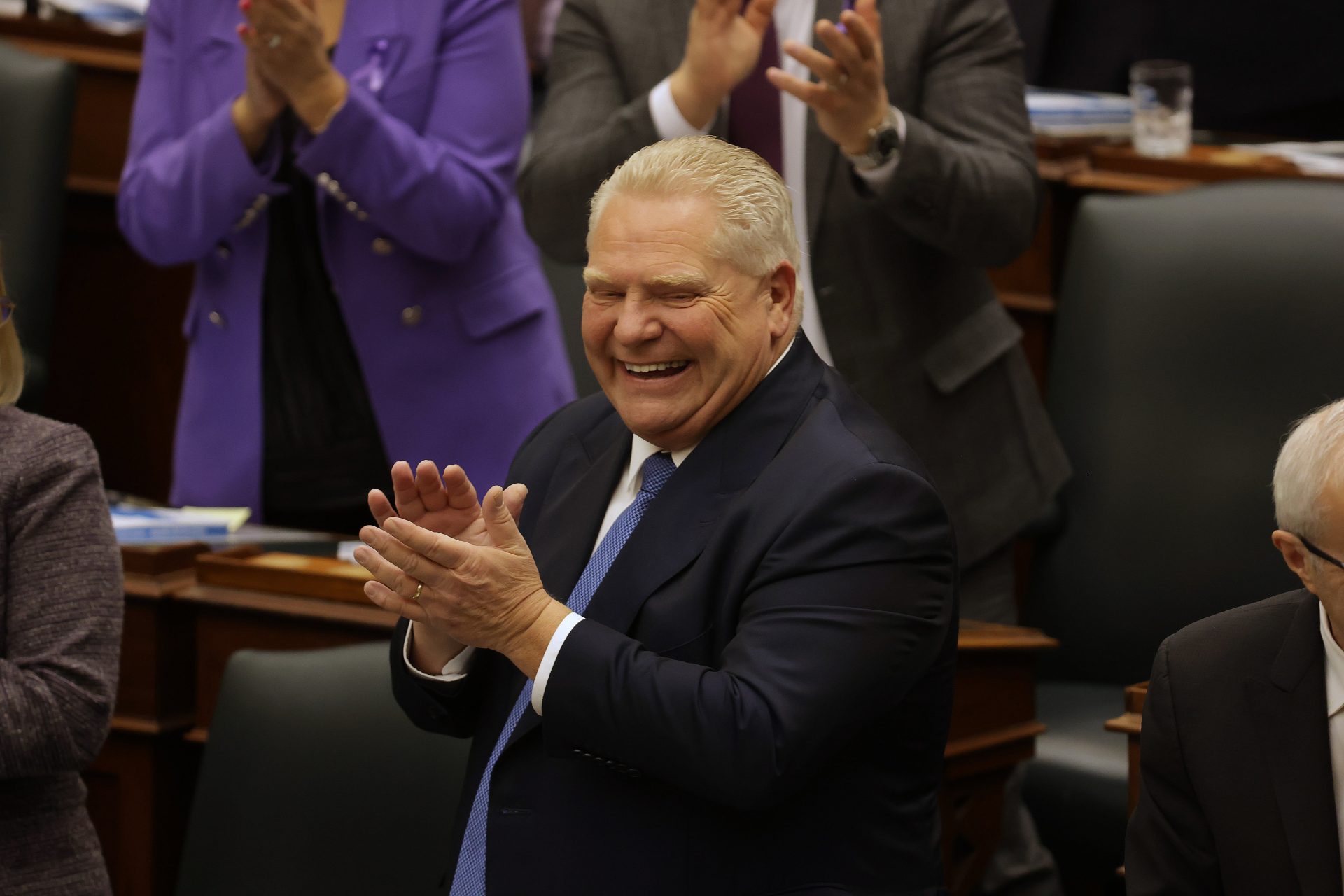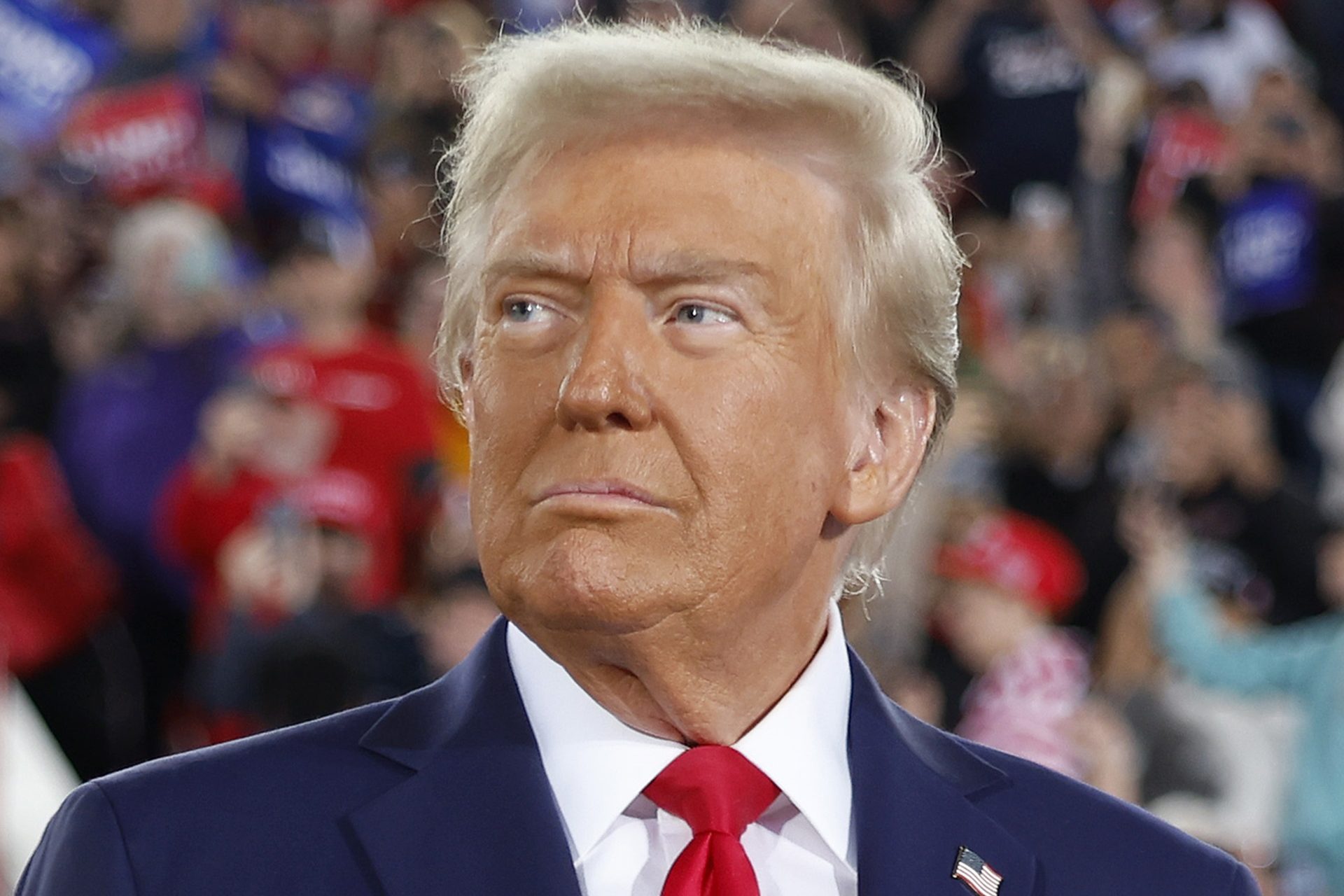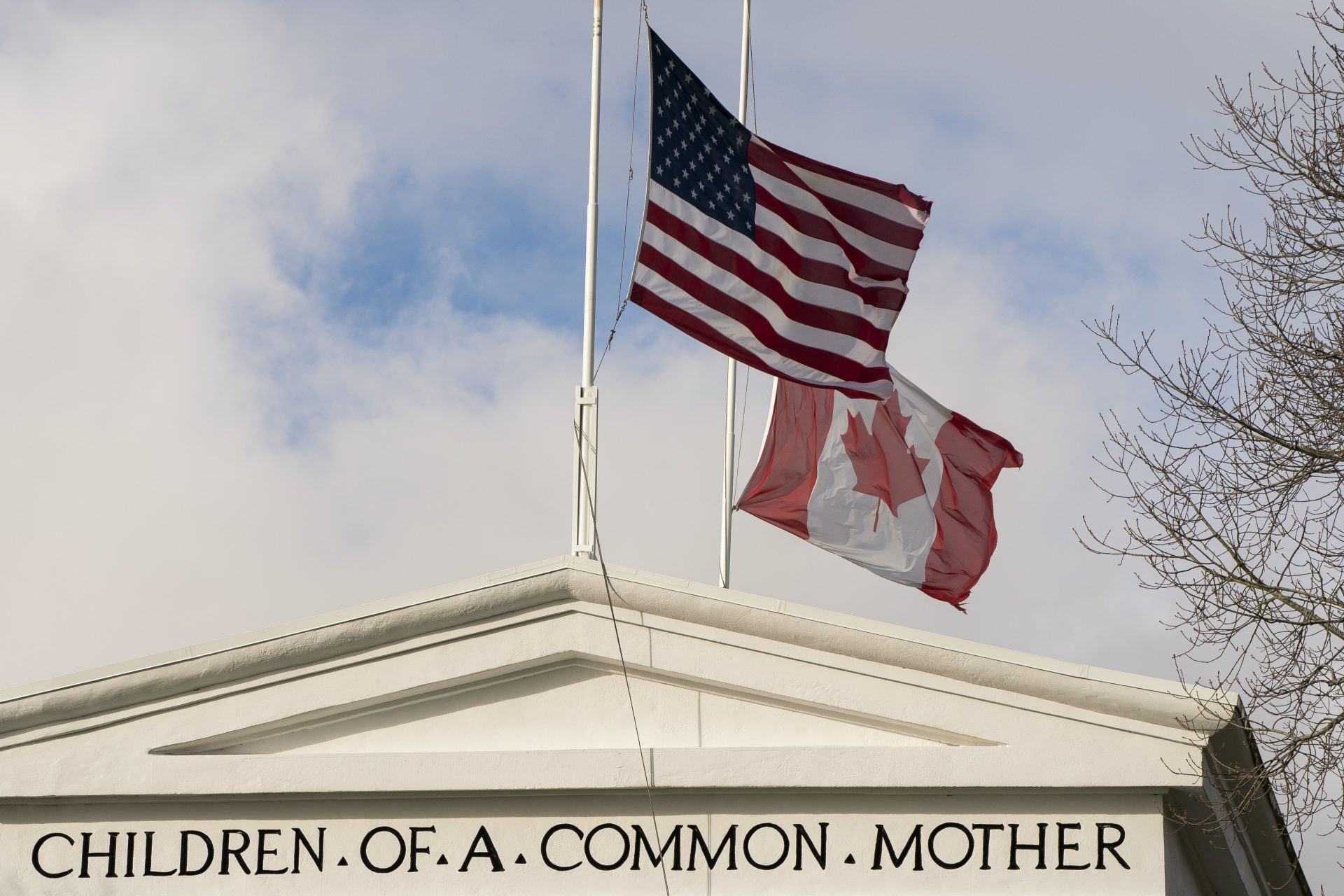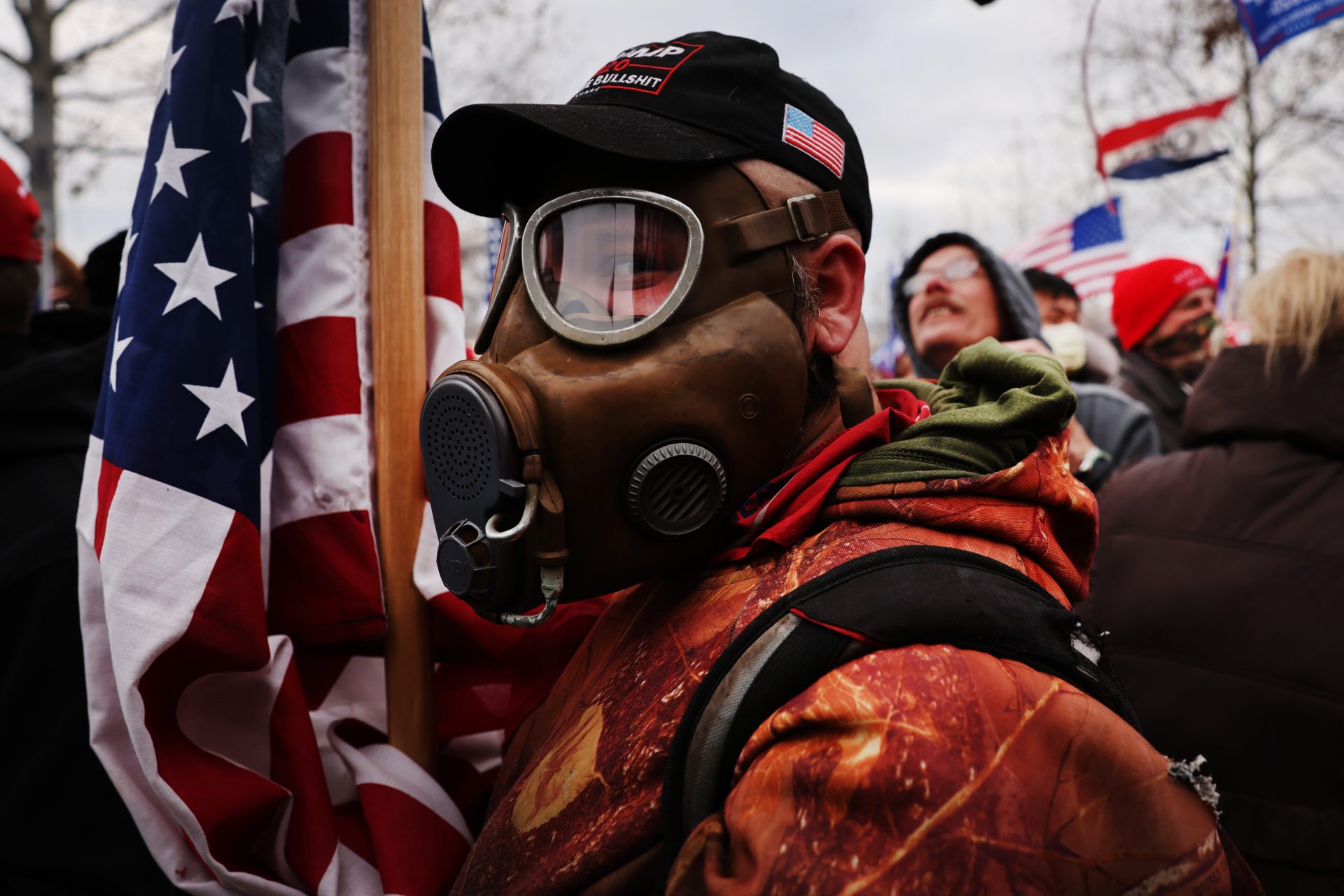Trump voters didn't realize what they were signing up for, poll reveals
On November 5, President-elect Donald Trump won a substantial number of electoral votes. Yet, recent polls reveal that many of his voters were not fully aware of the implications of two key policies they ostensibly supported by voting for him.
The mass deportation of undocumented immigrants was a vote magnet for the Trump campaign and certainly 52% of those surveyed in a new Ipsos poll supported the policy against 43% who did not.
But when qualifying scenarios were introduced as a result of such mass deportations – all fairly inevitable according to The Washington Post – support for them dropped significantly.
When asked if they would still be rooting for the deportations if it meant fewer people paying into Medicare and Social Security, only 48% said they would.
The suggestion that these deportations would have a negative impact on the labor market prompted a further fall in support to 47%.
When it was put to those surveyed that mass deportations would trigger a rise in the price of goods, only 43% were still on board against 52% who were not.
Finally, the idea that mass deportations would separate families plunged support for them to a mere 38%.
Sweeping deportations, including the expulsion of people who have jobs and no criminal record and have lived in the US for years, would entail the unavoidable breaking up of families.
Such a maneuver would also be impossible without the military being employed, according to The Post, something Trump has confirmed.
Polls from CBS News and YouGov, say that while the ratio of Americans supporting the mass deportations is 57-43, that flips to 60-40 against if the military is involved.
Tariffs trigger further contradictions. Trump has claimed that the word tariff is “the most beautiful in the dictionary,” and has recently stated he will levy 25% on Canadian and Mexican goods and an extra 10% on Chinese imports.
Along with mass deportations, Trump insisted on his tariff agenda throughout his election campaign to apparently widespread enthusiasm.
Curiously, however, two-thirds of Americans believe that tariffs will add to the rising cost of living, according to The Guardian’s new Harris poll – said to be the issue they care about most.
Even 59% of Republicans believe that the tariffs would hurt their bank accounts while 76% of those surveyed were certain that the additional cost tariffs would mean for companies would be passed onto the consumer.
In fact, according to the Peterson Institute for International Economics, tariffs could hike the cost of living by $2,600 a year for the average household.
The Peterson Institute also did sums on mass deportations and found that it will dent US GDP by between 1.2% and 7.4% by 2028.
More for you
Top Stories



